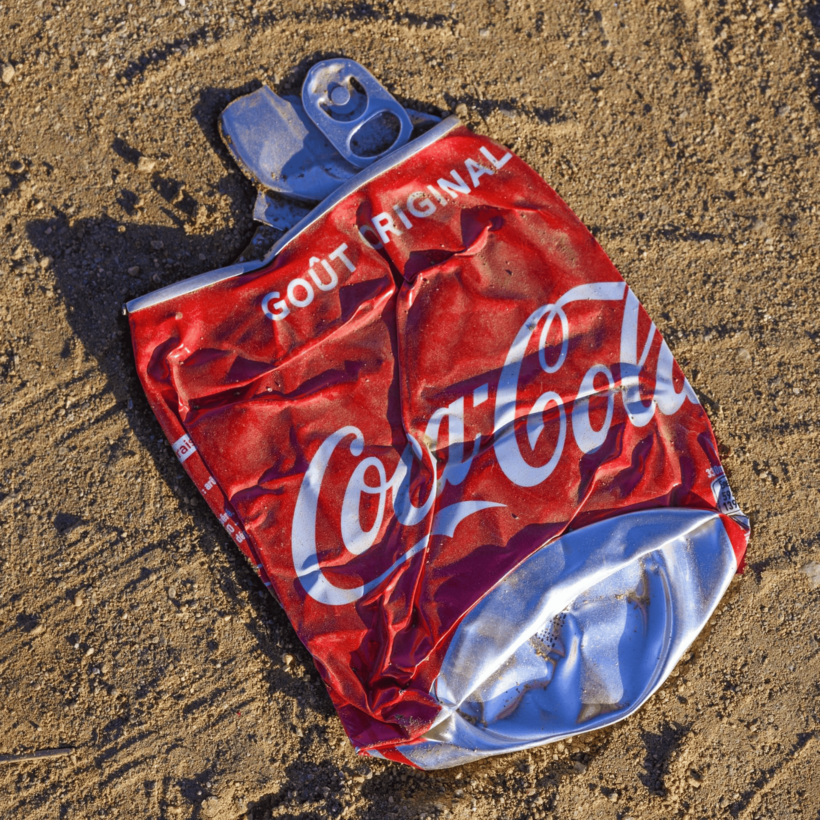If you’re a soda drinker, you probably have no illusions about your health habits. Go ahead and pop a can of Pepsi Wild Cherry. Fill a tankard with Fanta at the AMC and add a shot of Blue Razz Pop Rocks for good measure. Might as well guzzle a limited-edition Oreo Coke while supplies last. You could check the label for sugar, dietary fiber, or protein, but who are we kidding?
That said, doesn’t everyone have a sliver of guilt, a voice in their head saying, “Do better”? That voice has also been whispering in the ears of the multi-national soft-drink conglomerates as soda consumption has fallen over the past two decades. Come on, big fellas; do better.




